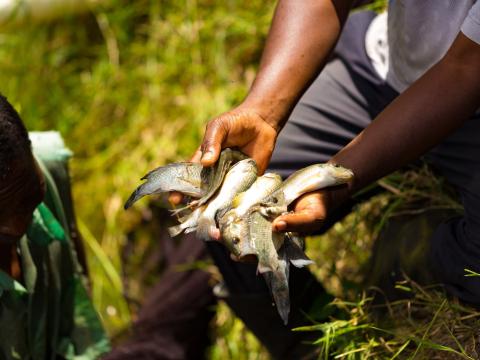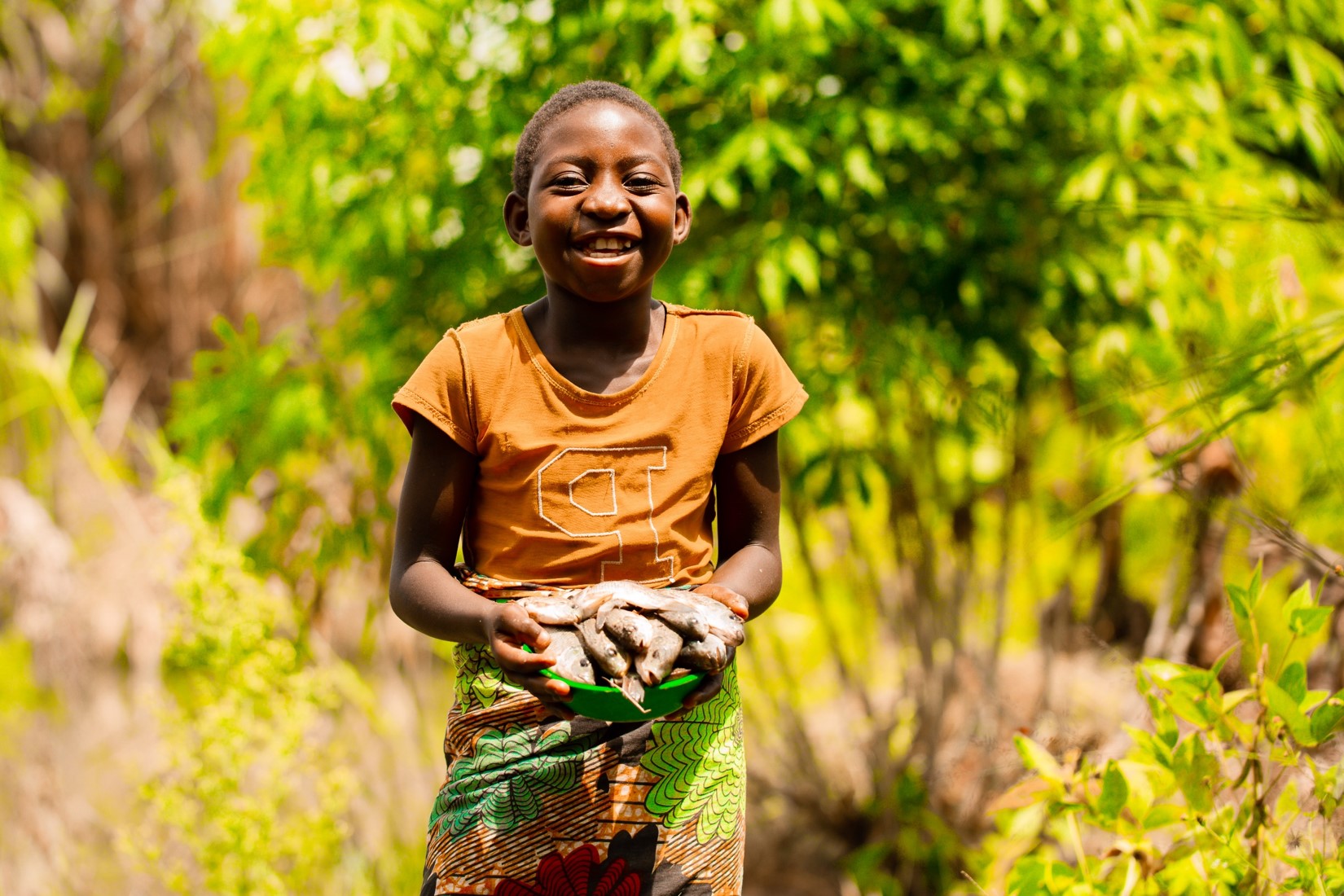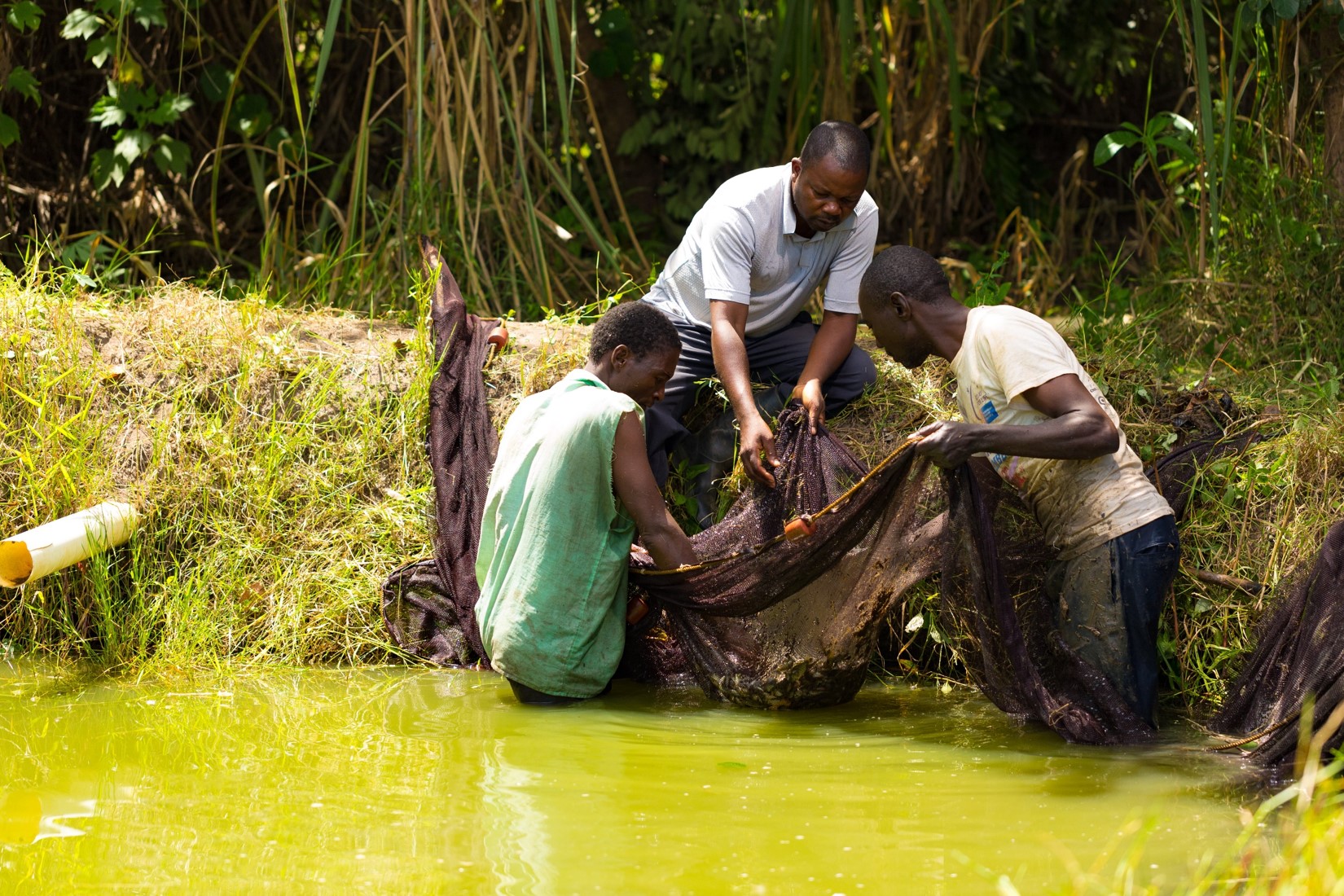From Pond to Plate: How Fish Farming is Nourishing Families in Malawi

In Likasi, part of World Vision Malawi’s Lusa Area Programme, 11-year-old Lucy is growing up healthier and stronger. A Standard 3 learner, Lucy now enjoys eating fresh fish rich in protein and vital nutrients that support her growth and development.
“My siblings and I usually eat fish at least twice a week,” says Lucy. “It helps us feel full and gives us strength to go to school and play.”

Lucy’s father, Viziti Tsoka, is the reason fish is now a regular meal in their home. After attending World Vision’s fish farming training in 2011, Phindu Lathu club where Tsoka is a member, transformed a small fishpond into a thriving aquaculture business. Something they never thought was possible.
“Before World Vision came, we could only harvest around 30 kilograms of fish. But with the knowledge and support we received, we now harvest over 150 kilograms,” Tsoka shares.
From the last harvest alone, Tsoka, a father of five, managed to earn K1.5 million. That money helped him to pay for his children’s secondary school and college and also provide some basic needs for the family such as clothes and maize.
“I can now provide for my family in ways I never could before,” he says with pride.

Fish farming has not only helped Phindu Lathu Club members attain income, it has also been a source of nutrition for their families and the community as a whole. In many parts of rural Malawi, children struggle to access protein-rich foods. World Vision’s fish farming initiative is bridging this gap by increasing access to affordable and local sources of protein.